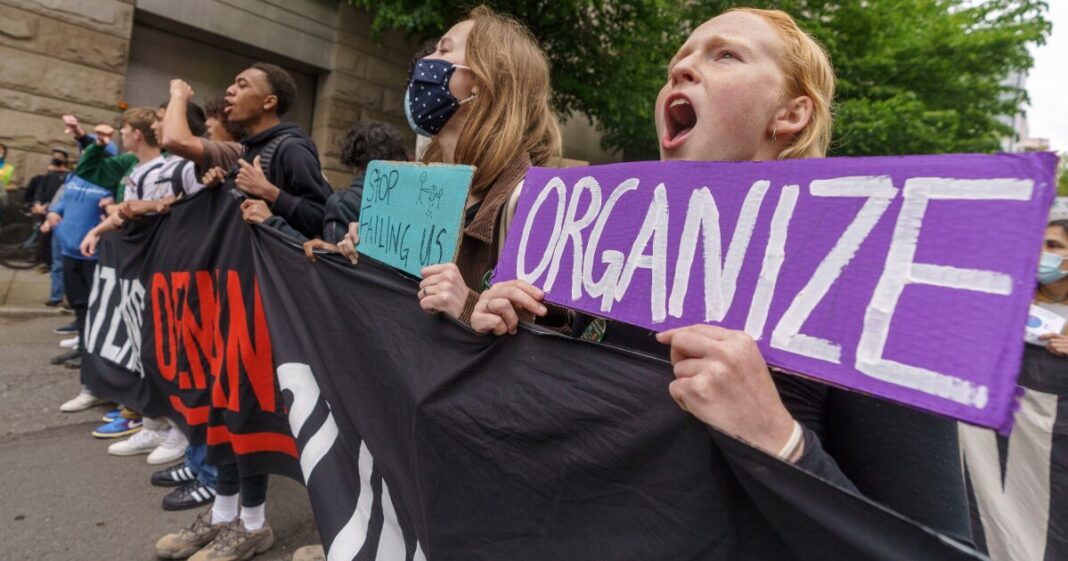-people
Climate Change: An Unequal Burden on Vulnerable Communities
Introduction
Climate change is a global issue that is felt more sharply in vulnerable communities such as people of color, those living with disabilities, elderly people, and those with lower incomes. While climate change is something that affects us all, these vulnerable populations are especially at risk due to the lack of resources or money needed to protect themselves against the effects of climate change.
Disparate Impacts of Climate Change on Vulnerable Communities
Climate change is having a more drastic effect on areas with populations of color, seniors, people with disabilities, and lower-income households. Disparate access to resources, employment opportunities, quality housing, and medical care puts these vulnerable communities in a precarious situation when it comes to adapting to climate change.
For example, housing quality affects one’s ability to weather storms, flooding, or extreme heat. People living in lower-income households or neighborhoods are less likely to have AC or weatherizing that could help in challenging climate events. The elderly and people with disabilities are at risk due to a lack of mobility or available resources. People of color are more likely to live in areas of a city that are more exposed to environmental hazards and do not have the access or resources to protect themselves. All of these factors put people of color, the elderly, those with disabilities, and those in lower-income households in a particularly vulnerable position.
Climate Change-driven Inequalities
The climate crisis is crucially linked with economic inequality and opportunities to get ahead. People of color, elders, individuals with disabilities, and those in lower-income households are also disproportionately more likely to suffer economically from the effects of climate change. In places that experience extreme heat, people of color, elderly, and those with lower incomes are more likely to be denied jobs due to the heat itself. Even when working, higher temperatures can reduce work and school productivity, and damage health.
Conclusion
Climate change is an issue that affects us all, but it is the vulnerable populations that are most at risk of exacerbated impacts. People of color, the elderly, those with disabilities, and lower-income households are disproportionately affected by the effects of climate change due to a lack of access to resources or money needed to protect themselves. Adaptive measures must be taken to protect these individuals, and economic inequality must also be addressed in order to ensure that everyone has access to equal opportunities to build resilience, sustain healthy livelihoods, and create economic prosperity.

